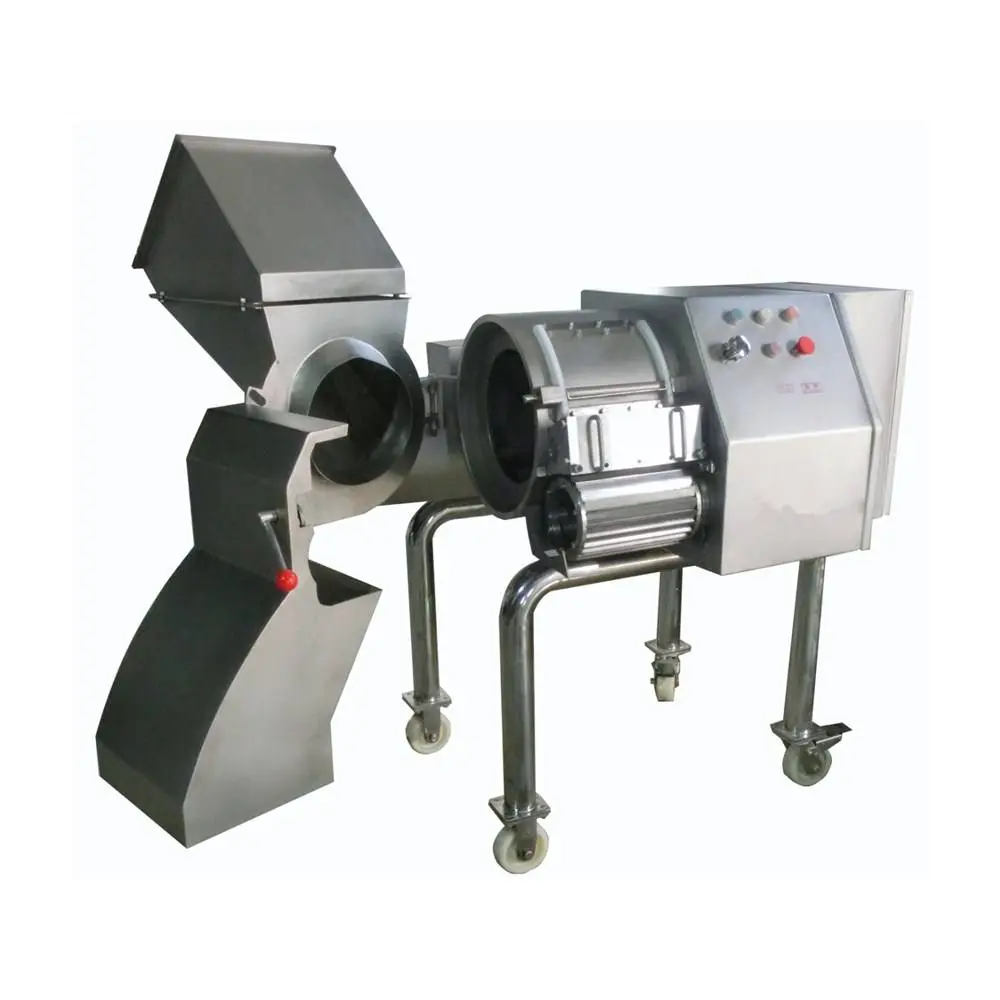Sen . 04, 2024 02:34 Back to list
vacuum filler
The Importance of Vacuum Fillers in Modern Food Processing
In the evolving landscape of food processing, vacuum fillers have emerged as indispensable tools that optimize production efficiency and ensure product quality. These machines are specifically designed to fill containers or casings with a variety of products, ranging from sausages and deli meats to sauces and batters. Their unique operation, characterized by the reduction of air during the filling process, distinguishes them from traditional filling methods and offers several benefits.
One of the most significant advantages of vacuum fillers is their ability to minimize air incorporation. In food production, excess air can compromise product quality, leading to oxidation, spoilage, and undesirable texture. Vacuum fillers operate by creating a vacuum environment that effectively removes air from the filling materials. This process not only preserves the freshness and flavor of the product but also extends its shelf life, making it appealing both to manufacturers and consumers.
Furthermore, vacuum fillers enhance the accuracy and consistency of portion control
. Whether filling sausages or jars, achieving uniformity is crucial for both aesthetic appeal and regulatory compliance. Vacuum fillers are capable of delivering precise amounts of product, reducing waste and ensuring that each unit meets predetermined specifications. This precision is particularly important in large-scale production where variations can lead to significant losses.vacuum filler

In addition to quality and portion control, vacuum fillers offer versatility. They can handle a wide range of viscosity and texture, from liquid sauces to thick mixtures. This adaptability allows manufacturers to diversify their product lines without investing in multiple specialized machines. Moreover, many modern vacuum fillers are equipped with programmable settings and advanced technology that facilitate easy adjustments, making them suitable for different production needs.
Another notable aspect of vacuum fillers is their impact on labor efficiency. Automating the filling process reduces the need for manual labor, allowing workers to focus on more complex tasks within the production line. As labor costs rise and skilled workers become harder to find, the implementation of vacuum fillers can lead to significant cost savings and increased productivity.
Moreover, vacuum fillers contribute to food safety and hygiene. Many models are designed with easy disassembly and cleaning in mind, adhering to strict sanitation standards in food processing facilities. The risk of contamination is minimized, ensuring that the end product is safe for consumer consumption.
In conclusion, vacuum fillers represent a vital advancement in the food processing industry. Their ability to reduce air incorporation, ensure portion accuracy, provide versatility, increase labor efficiency, and enhance food safety makes them a preferred choice for manufacturers worldwide. As the industry continues to prioritize quality and efficiency, the role of vacuum fillers will undoubtedly expand, shaping the future of food production. Investing in such technology not only improves production capabilities but also aligns with consumer demands for high-quality, safe, and diverse food products.
Latest news
-
Sausage Link Cutter JC999-03: Precise, Efficient Production
NewsAug.19,2025
-
Pneumatic Clipping Machine - Shijiazhuang Bossin Machinery Equipment Co., Ltd.|Streamline Sausage Production&Seamless Integration
NewsAug.18,2025
-
Pneumatic Clipping Machine-SHJZ Bossin|Sausage Production, Food Processing
NewsAug.18,2025
-
Pneumatic Clipping Machine-SHJZ Bossin|Sausage Production Line&Automated Clipping
NewsAug.18,2025
-
High Speed Filler-Linker-Hanger Line for Efficient Production
NewsAug.18,2025
-
Pneumatic Clipping Machine-Shijiazhuang Bossin Machinery|Sausage Production Line, Small Meat Shop Equipment
NewsAug.17,2025
